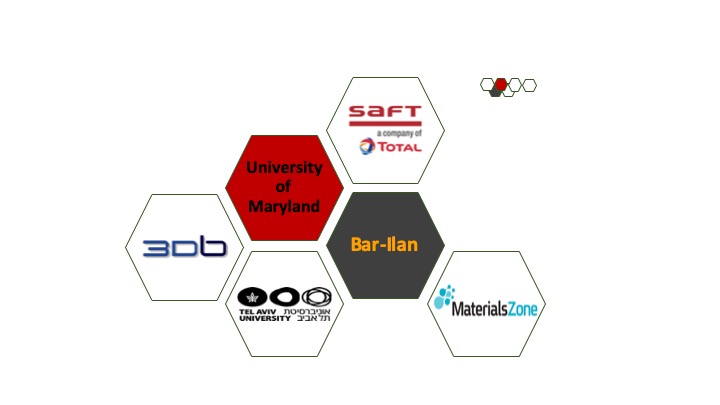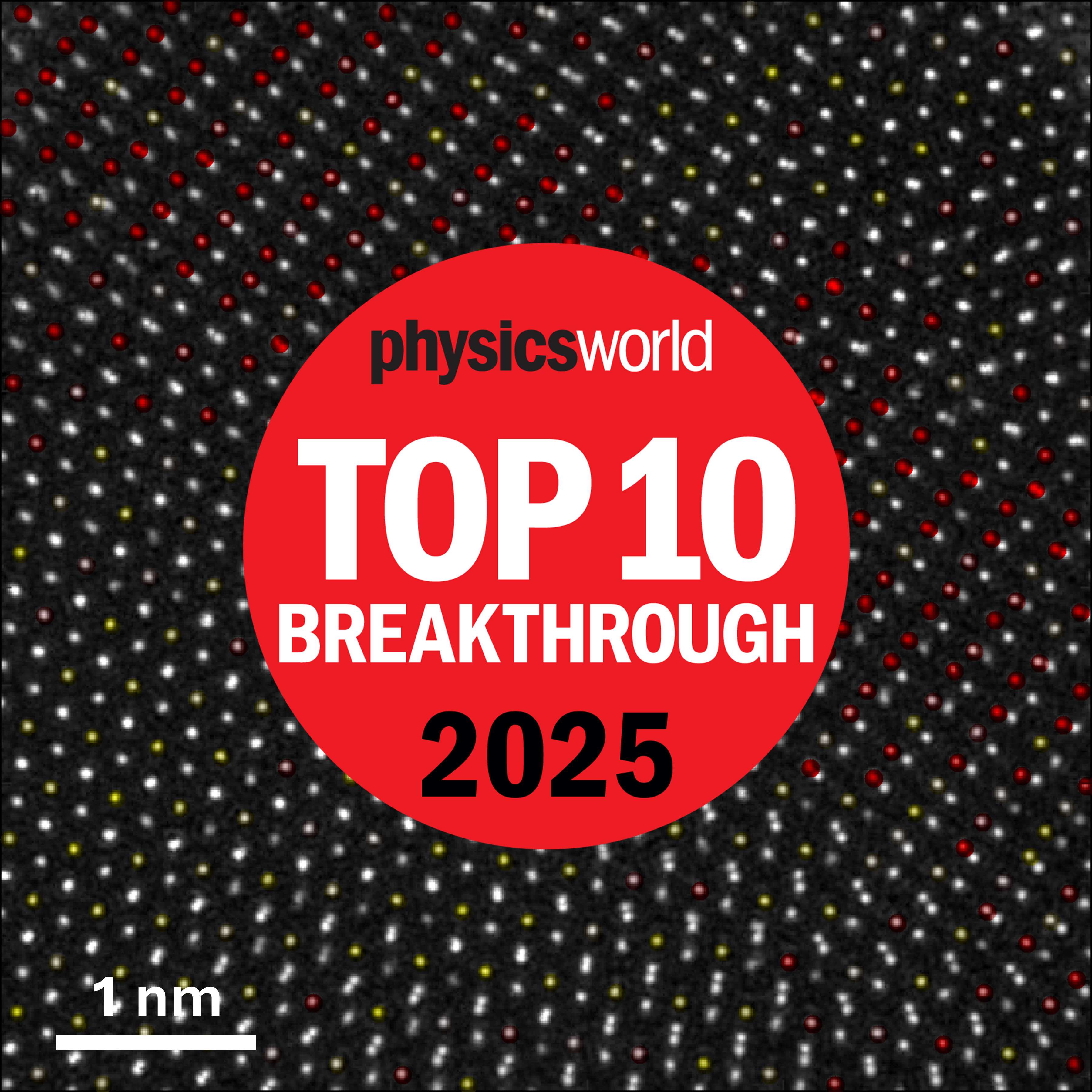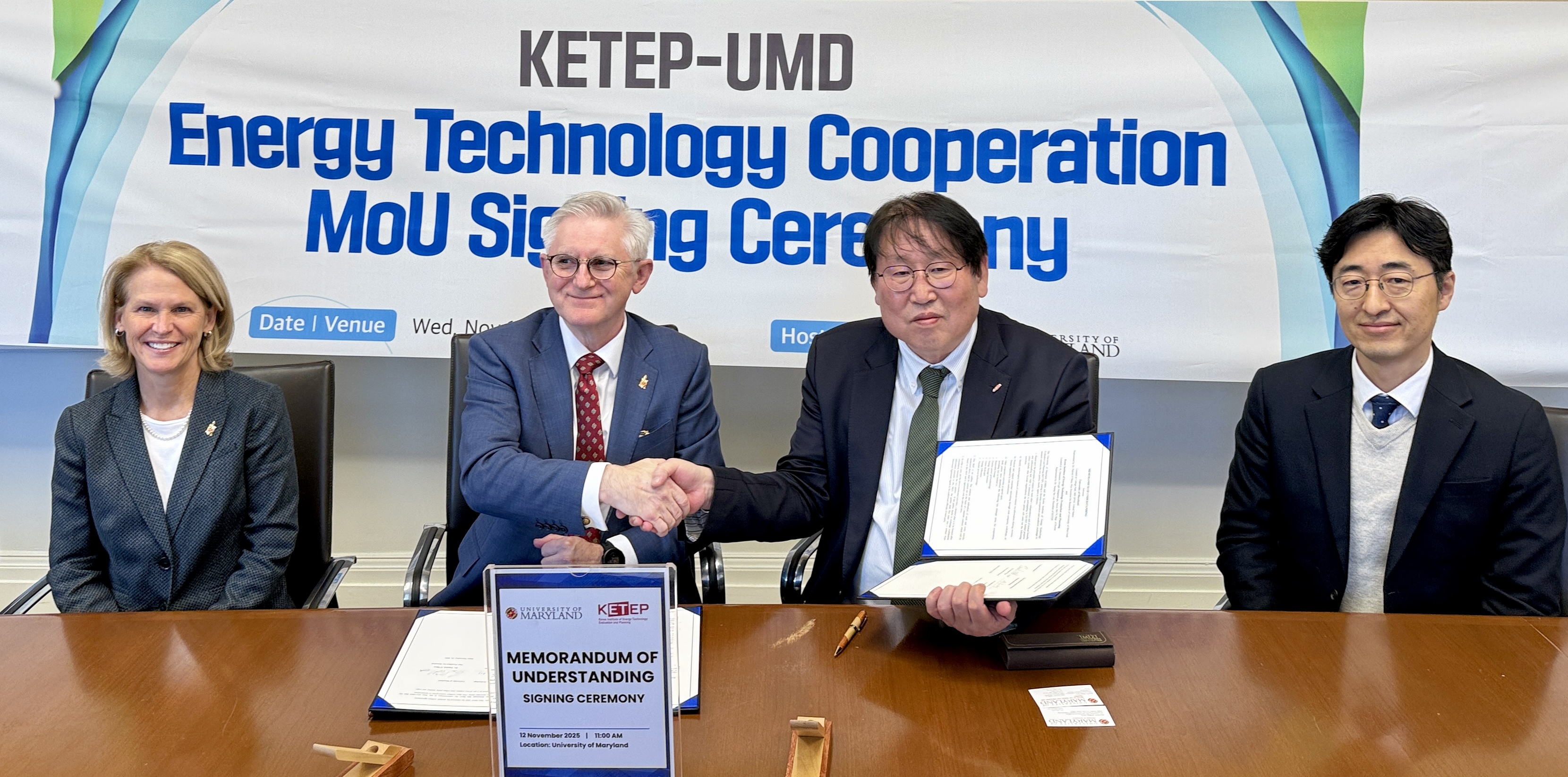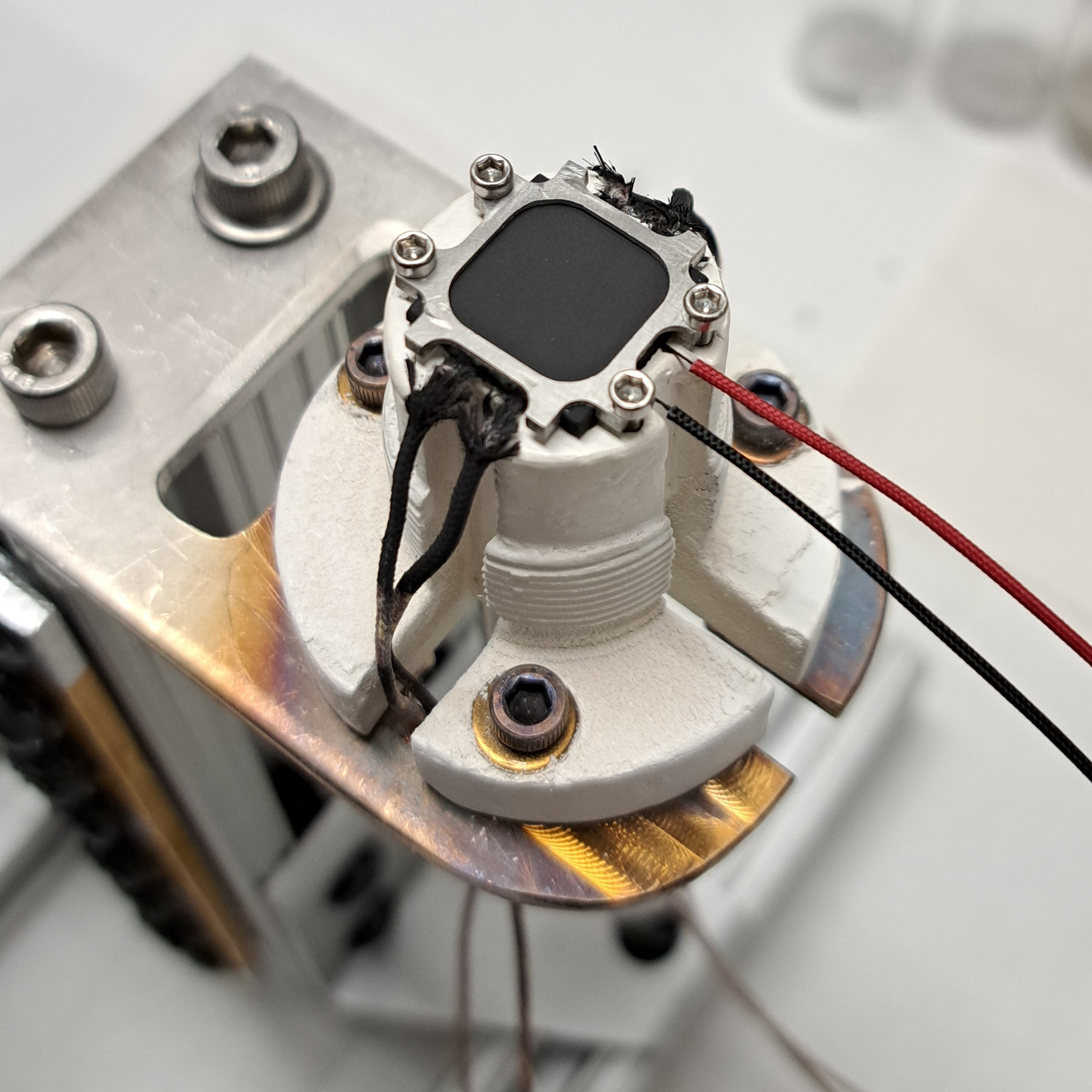News Story
UMD Faculty Members to Lead U.S. Side of $18.4M U.S.-Israel Energy Center Project

The Maryland Energy Innovation Institute (MEI2) has been selected to lead the U.S. side of a $18.4M, five-year program, awarded by the U.S.-Israel Energy Center, and managed by the Binational Industrial Research and Development (BIRD) Foundation, to conduct research, development, and commercialization of innovative energy technologies in the fossil energy, energy storage and energy-water nexus sectors. MEI2 participants Paul Albertus (ChBE Assistant Professor, MEI2 Associate Director and PI), Eric Wachsman (MSE/ChBE Professor, MEI2 Director and Co-PI) Gary Rubloff (MSE Professor, Co-PI) and Sang Bok Lee (Chem/Biochem Associate Professor, UMD NanoCenter Director and Co-PI) will lead the effort.
"We are delighted to serve as the U.S. lead for one of the first consortia funded by the U.S.-Israel Energy Center," said Dr. Wachsman. "Our industrial and academic partners, in both Israel and the U.S., are leaders in the development of battery materials, components and cells, as well as materials informatics, and we look forward to addressing the research and development challenges associated with solid state batteries with them through our Energy Center. In addition, we look forward to personnel exchanges to strengthen our relationships and establish a successful and vibrant international cooperation, and to develop future scientific and engineering talent in this important area."
The project will focus on advancing the science and development of solid state batteries, including work on advanced coatings, cell components, cells, and materials informatics software, for both Na and Li metal batteries. The proposed innovation consists of solid-state batteries that use either lithium or sodium metal as the anode material – these batteries offer a breakthrough in terms of energy per unit mass and volume at the cell level (>30% improvement vs. current Li-ion batteries), cost (by increasing energy density and using low-cost materials), safety (by use of electrolyte materials with improved intrinsic thermal stability), and an ability to serve numerous end-use sectors including specialized applications such as aerospace, as well as larger markets in transportation and stationary storage.
“Solid state batteries offer the potential to significantly improve on the energy density and materials-level safety of current Li-ion batteries,” said Dr. Albertus. “This Energy Center, building on the leading scientific expertise and innovative capabilities of project team members in both the U.S. and Israel, in both universities and companies, will pursue a multi-faceted approach to making the advances in scientific understanding and technical innovation that will bring solid state batteries closer to commercialization for the wide range of applications – including niche, high value, and mass market – that would greatly benefit from their use.”
The goal of the U.S.-Israel Energy Center is to promote energy security and economic development through the research and development of innovative technologies. The Energy Center is sponsored by the U.S. Department of Energy and by the Israel Ministry of Energy, jointly with the Israel Innovation Authority. Partners in the U.S. other than MEI2 include Saft and Forge Nano. In Israel, academic partners include Bar Ilan and Tel Aviv Universities, and company participants include 3DB and Materials Zone.
For more information, follow this link to the BIRD Foundation award announcement.
Published March 11, 2020









